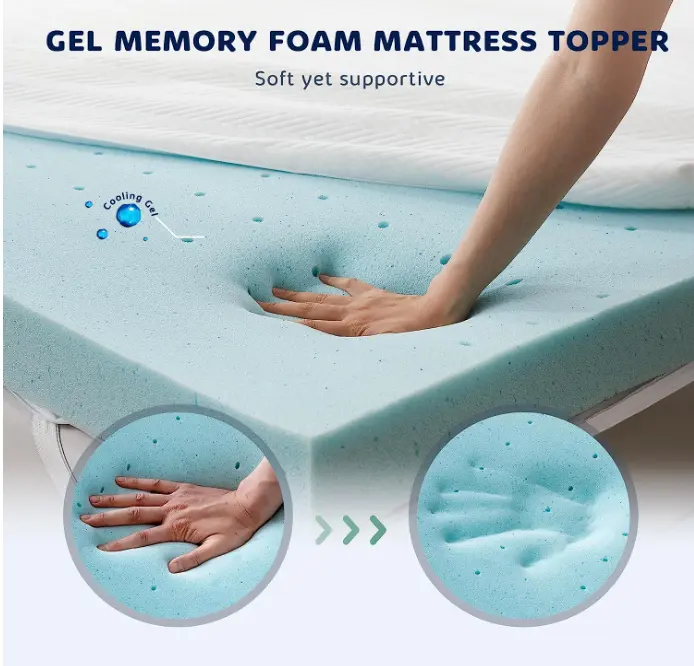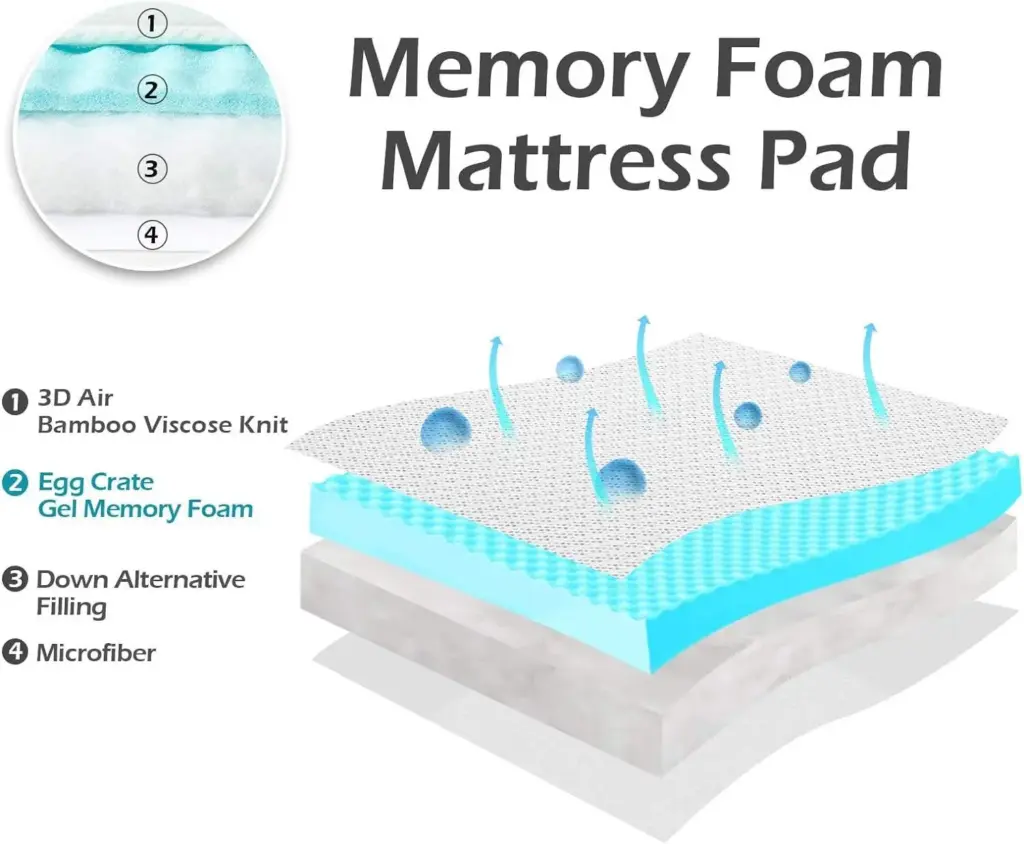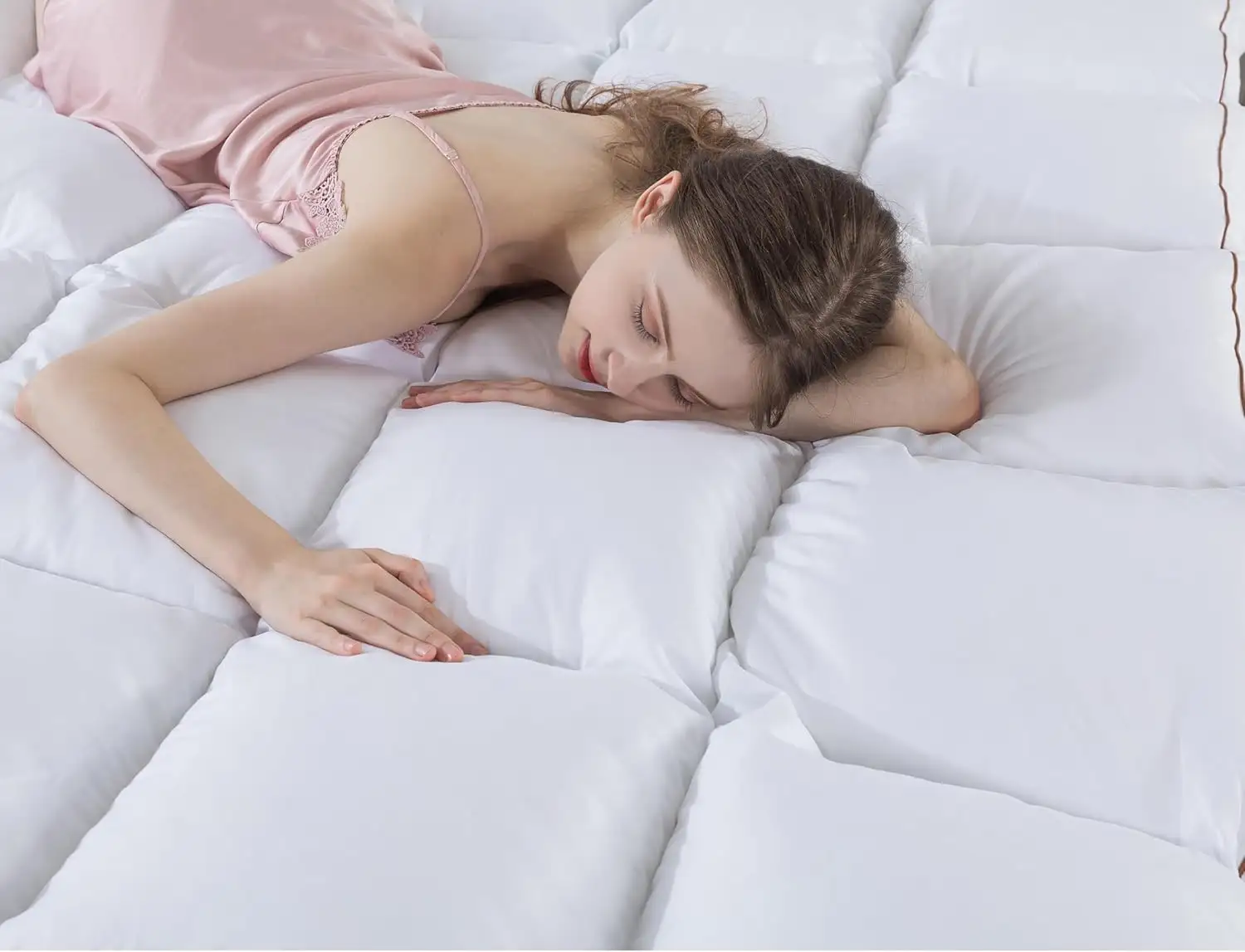Back pain affects millions globally and is one of the leading causes of reduced quality of sleep and workplace productivity. For hospitality professionals, wellness-focused retailers, and healthcare-related procurement teams, offering or sourcing mattresses that support spinal health is more than a selling point—it’s a necessity. This guide outlines the most recommended types of mattresses for individuals with back issues and what to consider during product selection.
Why Mattress Choice Matters for Spinal Health
The right mattress provides spinal alignment, pressure relief, and adaptive support, which are crucial for people with lower back pain, herniated discs, sciatica, or muscle tension. Poor-quality or mismatched mattresses may exacerbate chronic conditions, reduce sleep quality, and cause long-term health complications.
Best Mattress Types for Back Pain Relief
1. Memory Foam Mattresses
Recommended for: Pressure point relief and contouring
Memory foam conforms closely to the body’s shape, relieving stress on the spine and muscles. It’s particularly helpful for side sleepers and those with lumbar discomfort.
Key Features to Look For:
- High-density foam (≥ 4 lb/ft³) for firm support
- Multi-layer zoned design for pressure distribution
- Gel-infused or open-cell structures for cooling
Pros: Excellent contouring and motion isolation
Cons: Can trap heat if not ventilated

relation product:3-Inch Gel Memory Foam Mattress Topper
2. Latex Mattresses
Recommended for: Natural elasticity and balanced support
Latex (especially natural latex) offers gentle contouring with a slightly firmer, more responsive surface than memory foam—ideal for those who change positions often during sleep.
Key Features to Look For:
- Dunlop or Talalay latex core
- Breathable organic cotton or bamboo covers
- Firmness level: Medium-firm to firm
Pros: Durable, naturally hypoallergenic, eco-friendly
Cons: Higher cost compared to synthetic alternatives
3. Hybrid Mattresses
Recommended for: Combination of support and softness
Hybrid mattresses combine memory foam or latex with innerspring coils to deliver both contouring and strong lumbar support.
Key Features to Look For:
- Pocketed coil system (for motion isolation)
- Zoned support coils (firmer in the middle)
- Edge reinforcement for full-surface use
Pros: Ideal for all sleep positions, excellent airflow
Cons: Heavier and more expensive than traditional foam or spring models
4. Orthopedic Mattresses
Recommended for: Clinically designed support
Specifically engineered for individuals with spinal conditions, orthopedic mattresses offer firmer construction with minimal sagging to ensure long-term back alignment.
Key Features to Look For:
- Extra-firm foam or high-resilience (HR) base
- Reinforced lumbar zones
- Certified ergonomic testing or medical endorsements
Pros: Medical-grade support, minimal motion transfer
Cons: May feel too firm for lighter individuals
How to Choose the Right Mattress Firmness for Back Pain
| Sleeping Position | Recommended Firmness | Notes |
|---|---|---|
| Back Sleepers | Medium-Firm | Supports spine curve and prevents sinking |
| Side Sleepers | Medium to Medium-Firm | Reduces pressure on shoulders and hips |
| Stomach Sleepers | Firm | Keeps hips from dipping and spine aligned |
Tip: Mattresses that are too soft may cause spinal misalignment, while overly hard surfaces can create pressure points. A medium-firm mattress is often ideal for the broadest group of back pain sufferers.

relation product:300TC Polyester Air Layer Mattress Topper
B2B Considerations: What Buyers Should Know
When sourcing back-supportive mattresses for hotels, clinics, or retail lines, prioritize the following:
- Certifications: CertiPUR-US®, OEKO-TEX®, GREENGUARD Gold
- Trial Periods: For DTC brands or retail buyers—offers consumer reassurance
- Customizable Options: Dual firmness zones, removable covers, antimicrobial fabrics
- Brand Positioning: Market as wellness-supportive, orthopedic-approved, or doctor-recommended
Forward-Looking Trends
- Smart Mattresses: AI-enabled support adjustment based on sleep posture
- Adjustable Bases Integration: Popular among seniors and those with chronic back pain
- Sustainable Materials: Organic latex, bamboo, and recycled steel coils are on the rise
- Certifications for Medical Use: Growing demand in elder care and wellness hospitality
Final Thoughts
The right mattress can significantly improve the quality of life for individuals with back pain. From orthopedic to hybrid designs, prioritizing ergonomic performance, quality materials, and durability is essential for long-term satisfaction and health. For B2B buyers, aligning mattress offerings with the increasing demand for wellness-driven and medically beneficial sleep products can unlock new growth opportunities.
Looking for customizable, back-friendly mattresses in bulk? Contact Yintex to explore breathable, ergonomic, and certified mattress solutions tailored for hospitality and wellness brands.


Leave a Reply